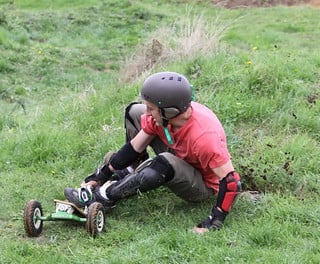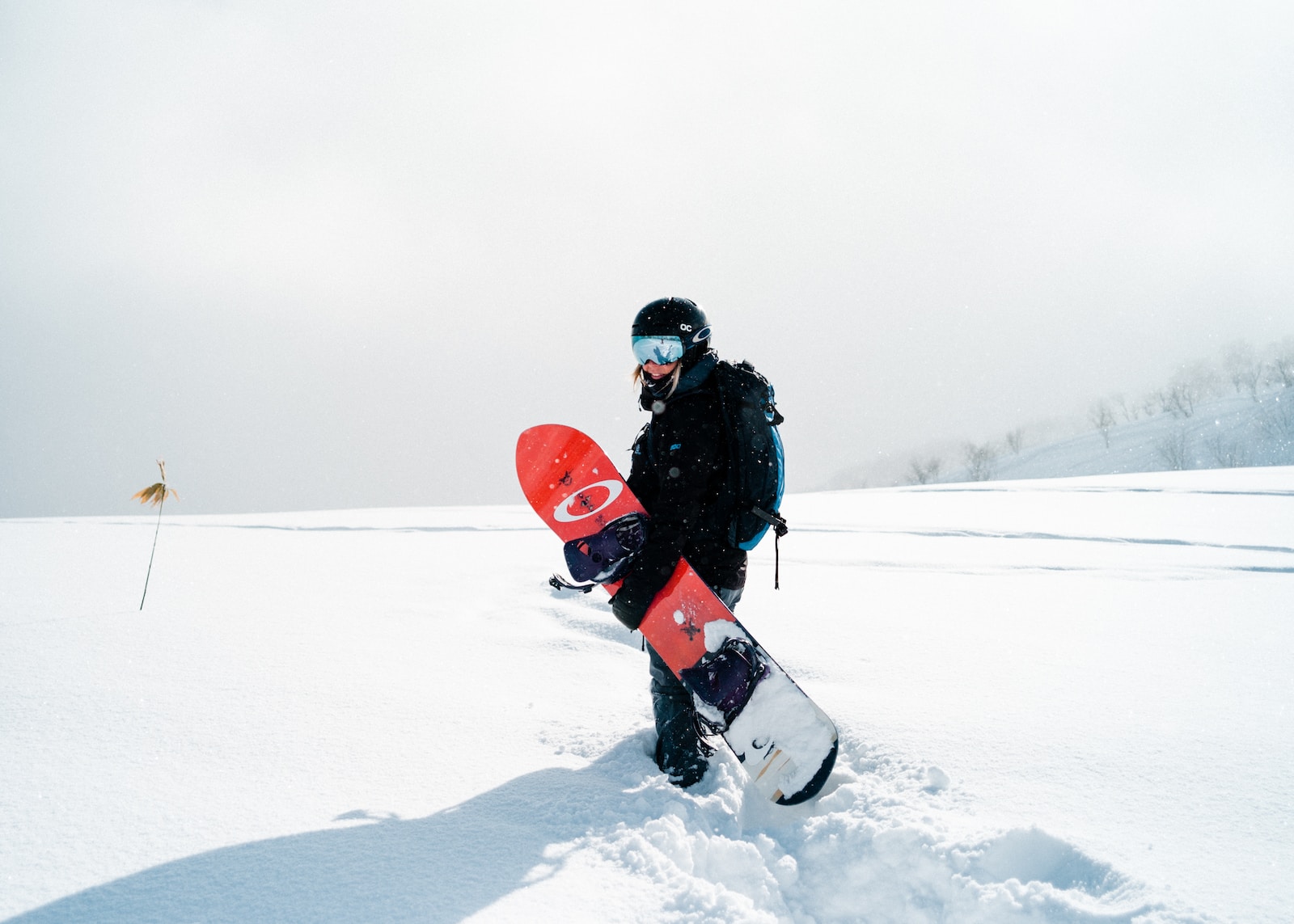Table of Contents
Camping is a fantastic way to reconnect with nature, escape the hustle and bustle of city life, and enjoy some quality time with friends and family. The fresh air, the sound of birds chirping, and the sight of a starlit sky can be incredibly rejuvenating. Whether you are an experienced camper or trying it for the first time, the experience can be both thrilling and challenging.
One of the challenges campers often face is figuring out what to eat. Planning meals for a camping trip can be a daunting task, especially if you want to avoid the hassle of cooking or don’t have access to refrigeration. You might be camping in a remote area where building a fire is not feasible, or you might want to minimize the gear you have to carry. Moreover, keeping food fresh without a cooler is a common concern.
This article will explore a plethora of camping food ideas that require no cooking and no refrigeration. We will delve into the convenience and benefits of such foods, and also weigh the downsides. Additionally, it’s crucial to be informed about food safety, so we will shed light on the dangers of not refrigerating certain types of foods and how to avoid any mishaps.
Whether you are a backpacker trying to lighten your load, a parent looking for hassle-free meal options for the family, or someone looking to make your camping experience as simple as possible, this guide will equip you with the knowledge and ideas you need for your next adventure.
So, let’s dive in and make your camping trip not just about the great outdoors, but also about great food that’s easy and safe to prepare!

No-Cook Camping Food Ideas
When it comes to camping food that requires no cooking, the options are surprisingly diverse. These options are not only delicious but also nutritious, ensuring that you have the energy and stamina needed for your outdoor activities. Here are some ideas:
Trail Mix
A classic camping food, trail mix is a combination of dried fruits, nuts, seeds, and sometimes chocolate. It’s lightweight, easy to pack, and provides a quick energy boost. You can buy pre-made trail mix or make your own by combining almonds, walnuts, dried cranberries, sunflower seeds, and a handful of dark chocolate chips.
Jerky
Beef, turkey, or even salmon jerky can be a great source of protein while on the trail. Jerky is dried meat, which means it doesn’t require refrigeration. Look for jerky with low sodium and no added preservatives for a healthier option.
Canned Tuna or Chicken
Canned tuna or chicken is a versatile and protein-rich option. These can be eaten straight from the can or used to top crackers or bread. For an extra flavor kick, you can bring along small packets of mayonnaise and relish to mix in.




Fresh Fruits and Vegetables
Apples, oranges, carrots, and bell peppers are all sturdy enough to withstand a camping trip without refrigeration. They are also high in vitamins and fiber. Slice some bell peppers or cucumbers for a quick and refreshing snack. Don’t forget to pack a few bananas for a potassium boost!
Cheese
Hard cheeses like cheddar or gouda can last a few days without refrigeration. Cheese is high in protein and calcium. Pair slices of cheese with whole grain crackers for a satisfying snack. You can also bring along some summer sausage; it doesn’t require refrigeration and goes well with cheese.
Whole Grain Crackers or Rice Cakes
Whole grain crackers or rice cakes are a great source of carbohydrates, which you’ll need for energy. These can be paired with the canned tuna, chicken, or cheese for a satisfying meal. Opt for whole grain for added nutrients and fiber.
Nut Butter
Don’t forget about nut butters! Peanut or almond butter can be spread on whole grain crackers, rice cakes, or even apple slices. They are high in protein and healthy fats, which can keep you feeling full for longer.
Energy Bars
Energy bars can be a camper’s best friend. Look for bars with a good balance of protein, carbs, and fats. Avoid bars with a long list of ingredients or high sugar content.
Wraps
Bring along some whole wheat wraps. You can make a quick and easy lunch by adding canned tuna or chicken, a slice of cheese, and some pre-sliced veggies.
Remember, when you’re camping, it’s important to have food that will give you the energy you need but won’t weigh you down. These no-cook camping food ideas are perfect for keeping you fueled during your outdoor adventures.

Camping Food Ideas: No Refrigeration
When it comes to camping food that requires no refrigeration, the options are similar to the no-cook ideas, with a few additions. These options are perfect for those who want to minimize the hassle of carrying coolers or are camping in places where it’s not feasible to have refrigeration. Here are some ideas:
Canned Beans or Vegetables
Canned beans or vegetables are versatile and can be a great addition to your camping menu. They can be eaten cold, straight from the can, or heated over a campfire for a warm meal. Consider bringing along canned chickpeas, black beans, corn, or green beans. They can be used to make salads or as a topping for crackers.
Peanut Butter
Peanut butter is a great source of protein and healthy fats, and it’s incredibly versatile. Spread it on crackers, make a peanut butter and banana sandwich, or use it as a dip for apple slices. If you’re feeling adventurous, try making a peanut sauce by mixing peanut butter with a little soy sauce and water, and use it as a dressing for a cold bean salad.
Granola or Protein Bars
Granola or protein bars are easy to pack and can serve as a meal replacement if needed. Look for options with whole grains, nuts, and minimal added sugars. They’re perfect for a quick breakfast or a snack on the trail.
Dried Fruits
Dried fruits like apricots, raisins, or mangoes are sweet, chewy, and don’t require any refrigeration. They are also lightweight, making them perfect for backpacking trips.




Instant Noodles or Couscous
While these require hot water, they don’t need to be refrigerated. Just pour boiling water over them and let them sit for a few minutes, and you have a hot meal ready.
Tortillas
Tortillas are more resilient than bread and won’t get squished in your backpack. Use them to make wraps with peanut butter, canned beans, or any other ingredients you have.
Shelf-Stable Dairy
Consider shelf-stable dairy options like powdered milk or ultra-pasteurized cheese. These can be used for breakfast cereals or as an addition to meals.

Dangers of No Refrigeration on Certain Types of Foods
While camping, it’s essential to be mindful of the types of foods you bring, especially if you don’t have access to refrigeration. While many foods can safely be stored without refrigeration, some can become dangerous if not kept cold. Here’s what you need to know:
Meats
Raw or cooked meats are highly perishable and can become a breeding ground for bacteria if not kept at the right temperature. This includes poultry, beef, pork, and seafood. Consuming spoiled meat can lead to food poisoning, which is something you definitely want to avoid, especially when you are in the great outdoors.
Dairy Products
Milk, cheese, yogurt, and other dairy products need to be refrigerated to stay fresh. When these products are left out in warm temperatures, bacteria can multiply rapidly. Some hard cheeses and ultra-pasteurized milk products are exceptions, as they can be stored at room temperature until opened.
Eggs and Mayonnaise
Eggs, especially once they are cracked open, and products made from them, like mayonnaise, are highly perishable. They can harbor Salmonella, a type of bacteria that can cause severe food poisoning.
Cooked Rice and Pasta
Surprisingly, cooked rice and pasta can also be hazardous if not stored properly. They can contain spores of Bacillus cereus, a bacterium that can cause food poisoning. These spores can survive the cooking process and multiply if the food is left at room temperature.
Cut Fruits and Vegetables
While whole fruits and vegetables can generally be stored without refrigeration, once they are cut open, they are more susceptible to contamination and spoilage.

Tips for Safe Camping Food
- Opt for Shelf-Stable Alternatives: Choose canned meats, hard cheeses, and other foods that don’t require refrigeration.
- Consume Perishables Early: If you do bring perishable food, consume it early in the trip, preferably on the first day.
- Use Ice Packs: If you’re bringing a cooler, make sure it’s well-insulated and packed with ice packs to keep food cold.
- Practice Good Hygiene: Wash your hands and use clean utensils to handle food.
- Monitor Temperatures: Avoid leaving food in the danger zone (between 40°F and 140°F) where bacteria grow most rapidly.
- Trust Your Senses: If something smells off or looks suspicious, it’s best not to take any chances. When in doubt, throw it out.
By being aware of the dangers of not refrigerating certain types of foods and taking steps to ensure food safety, you can avoid foodborne illnesses and have a more enjoyable camping experience.
Conclusion
Camping doesn’t mean you have to compromise on tasty and nutritious meals. With a bit of planning and knowledge about food safety, you can enjoy a variety of foods on your camping trip, even without cooking or refrigeration. Remember to pack a balance of carbohydrates, proteins, and fats, and most importantly, don’t forget to bring your sense of adventure. Happy camping!








